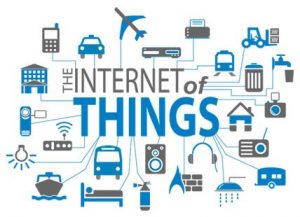 The dramatic rise of the Internet Of Things (IOT) technology is big news of late, but it could be making hospital security a whole lot worse. Connected medical devices which are supposed to bring about patient safety come with a whole new set of problems, in particular, a risk of increased cyber attacks. Hospitals in general contain a whole host of information, which is extremely valuable to hackers. However at the same time, dependence on IOT technology (which isn’t known for being resilient) is increasing. Before long you have a situation where a dependence on connected IOT technology is growing faster than the capability to virtually secure it. It goes without saying that in areas which affect human life and public safety, higher standards of care are needed. The issue is that many IOT start-up companies don’t consider security to be high on their agenda. Or even when they do, it’s usually thought of as a costly headache that can be dealt with later on down the line. So what’s the answer? Here are some pointers…
The dramatic rise of the Internet Of Things (IOT) technology is big news of late, but it could be making hospital security a whole lot worse. Connected medical devices which are supposed to bring about patient safety come with a whole new set of problems, in particular, a risk of increased cyber attacks. Hospitals in general contain a whole host of information, which is extremely valuable to hackers. However at the same time, dependence on IOT technology (which isn’t known for being resilient) is increasing. Before long you have a situation where a dependence on connected IOT technology is growing faster than the capability to virtually secure it. It goes without saying that in areas which affect human life and public safety, higher standards of care are needed. The issue is that many IOT start-up companies don’t consider security to be high on their agenda. Or even when they do, it’s usually thought of as a costly headache that can be dealt with later on down the line. So what’s the answer? Here are some pointers…
